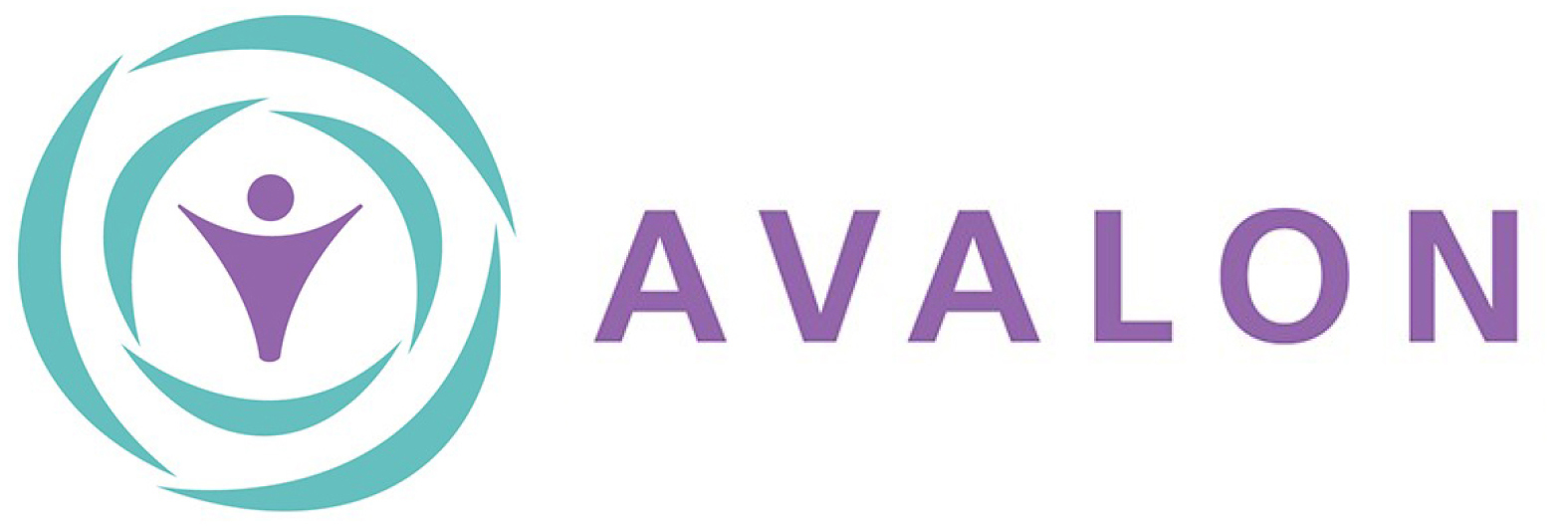This opinion editorial written by Susan Wilson, Avalon Centre’s Sexual Assault Nurse Examiner program was first published on May 10, 2012 in the Chronicle Herald.
Since 2001, Avalon Sexual Assault Centre’s Sexual Assault Nurse Examiner (SANE) program has helped to ensure appropriate, compassionate and empowering health care is delivered to people who experience sexualized violence. Unfortunately, it is only available in HRM and the Guysborough, Antigonish and Strait area, despite the immeasurable value of a community-based SANE program.
Sexual assault nurse examiners (SANEs) are registered nurses with specialized training in providing treatment after an immediate sexualized assault (currently within 72 hours). SANEs perform medical and forensic examinations of clients, and are able to collect and store evidence for up to six months to allow people time to decide about pursuing legal action. They do follow-up care and referrals, and are available for expert testimony if a case is brought to court.
SANE training covers a broad range of topics and skills, including myths about sexualized violence, preventing further trauma, performing forensic exams, clinical training in speculum examinations, and simulated patient training. In addition, the SANEs receive ongoing, monthly education and training to keep their knowledge current.
Having SANEs in Halifax has cut wait times for victims of violence, with the average response time for a SANE now 44 minutes. The program has treated clients of all genders, and has seen clients as young as two and as old as 93.
The expertise of SANEs has concrete impacts on the care available in the regions with these programs. For example, the program is in constant contact with police forensic labs, meaning examiners are able to collect the correct evidence with the least discomfort for the client. Avalon also has very high retention rates for SANEs, an important factor in delivering a very high quality of care.
The specialized training, equipment and expertise of the examiners also impact sexualized assault cases. In one trial this March, SANEs were able to give compelling testimony about the nature and significance of injuries sustained by a victim of sexualized assault. The examiners had obtained DNA from a swab of an area they saw with the alternate light source after the victim had showered. The alternate light source is a piece of specialized equipment SANEs have that is not available in the hospital. The knowledge and equipment the SANEs brought meant the collection of evidence that would otherwise not have been found. The case resulted in a guilty verdict. Dangerous offender status is pending the outcome of the offender’s assessment and may result in life in prison for this repeat offender.
While hundreds of people who have experienced sexualized violence have had the opportunity to be treated by a SANE, in many parts of the province, this specialized and essential care is not available. In 2008, Avalon received funding to document the need to build a co-ordinated SANE network for Nova Scotia. Also in 2008, provincial standards for SANEs were drafted. Unfortunately, while there are many victims of sexualized violence across the province who all deserve the best care possible, both these documents continue to sit on the shelf, awaiting leadership in government to implement a provincewide program.
Susan Wilson is the SANE co-ordinator at Avalon Sexual Assault Centre. May is Sexual Assault Awareness Month in Nova Scotia and May 7-13 is National Nursing Week.
